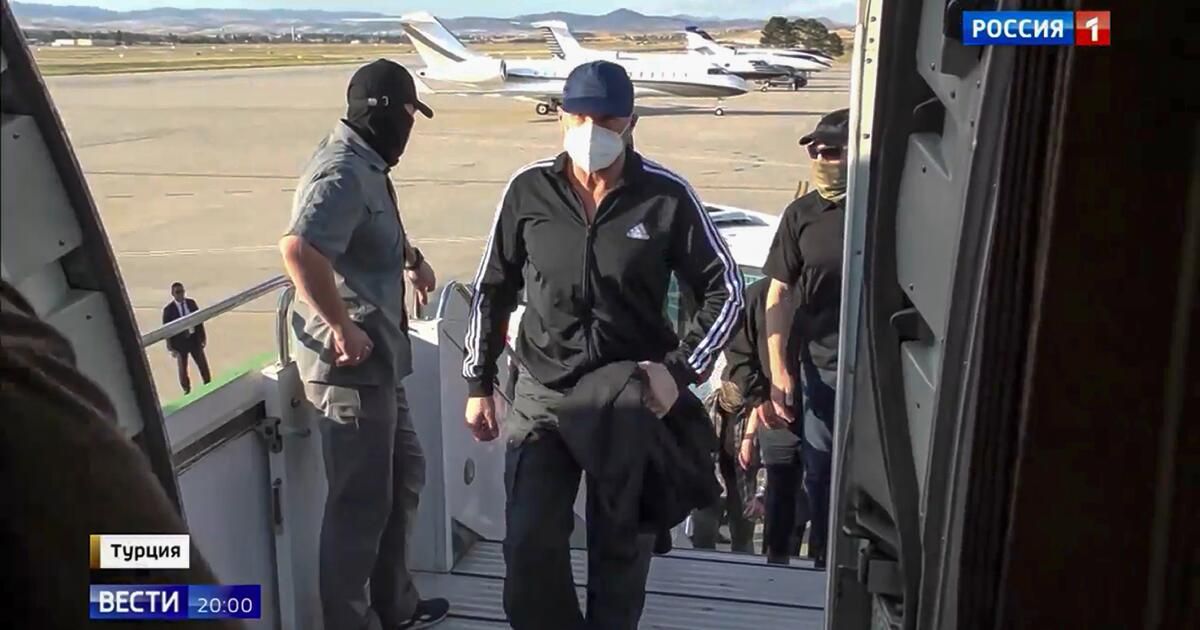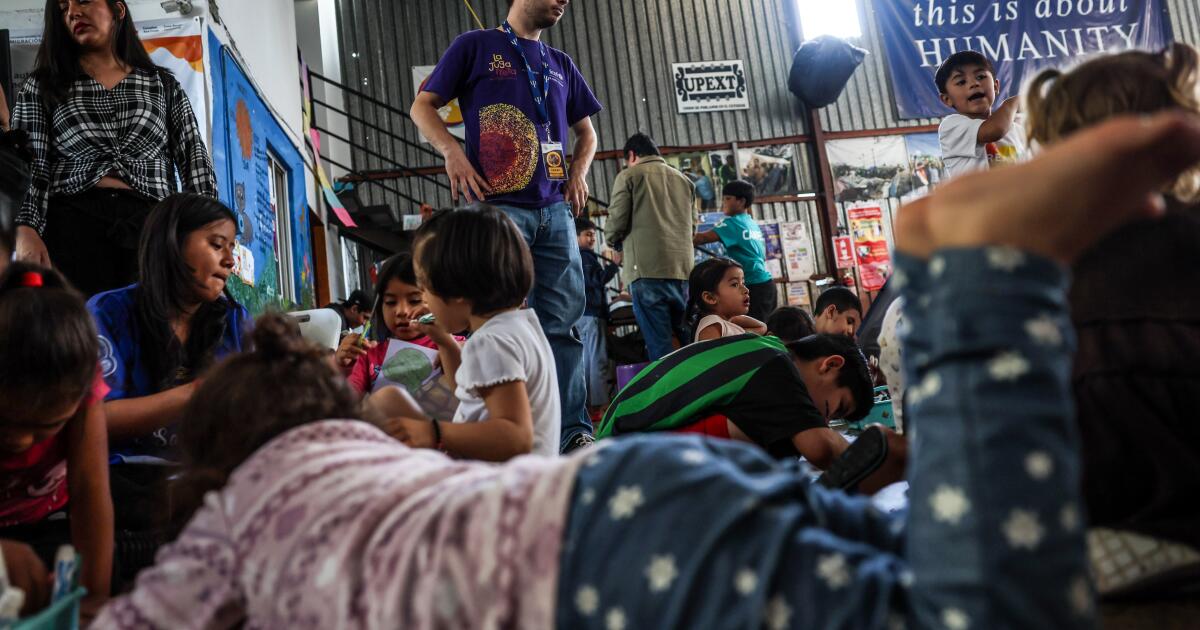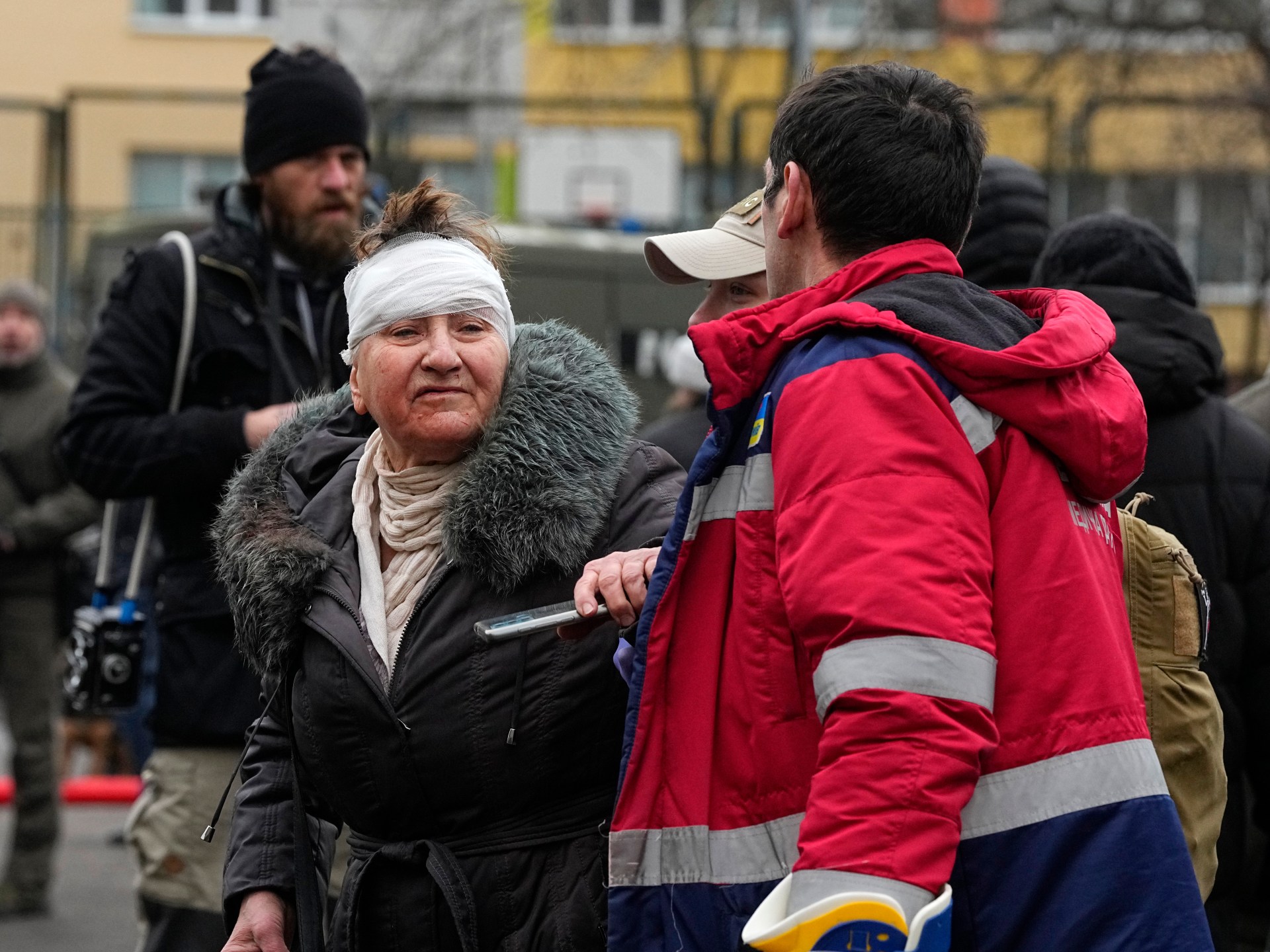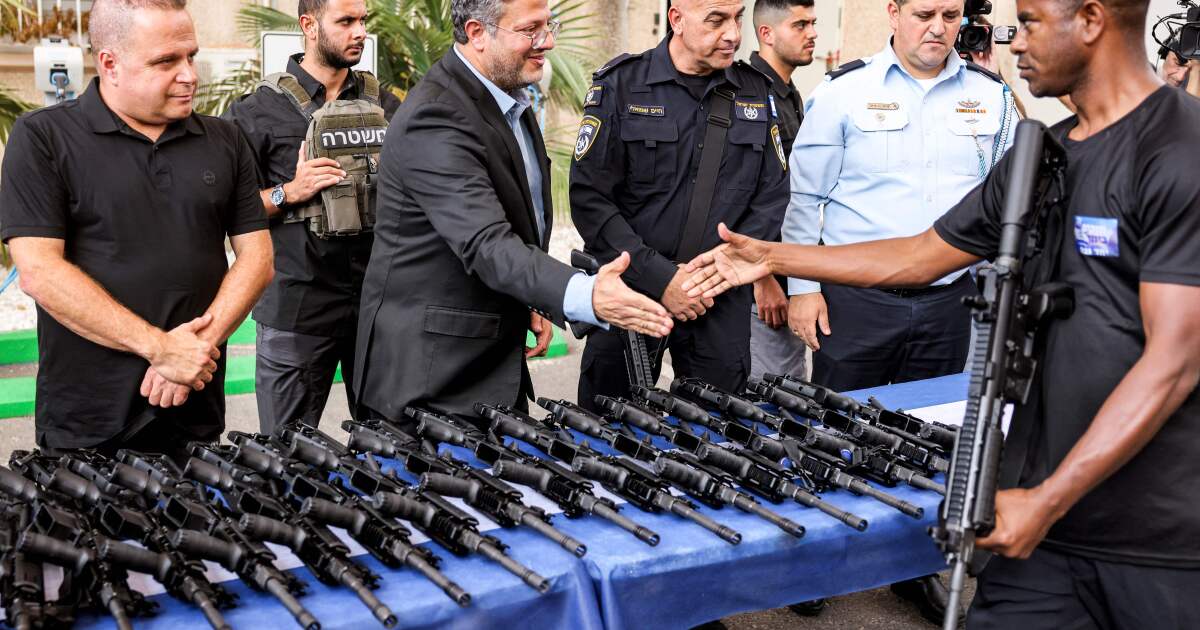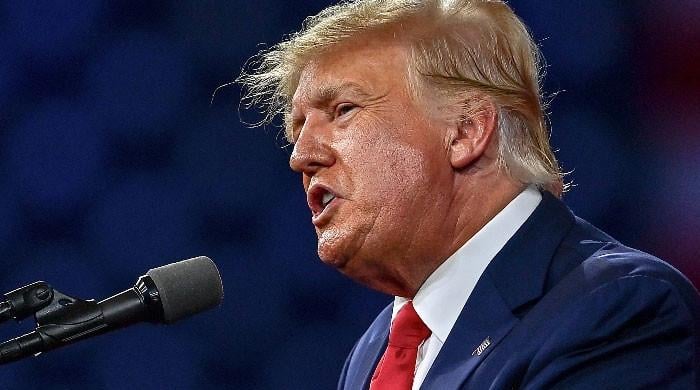The murder was swift and brutal, but the Russian hitman fled the scene (a wooded path in a park in central Berlin) and botched his escape.
The 2019 killing was the opening act in a Cold War-style drama that culminated Thursday in the largest prisoner swap between East and West since the Soviet era: an elaborate multinational deal that freed a young American journalist, a former U.S. Marine and a prominent Russian-American political opponent of Russian President Vladimir Putin, along with 21 others.
At the centre of the deal was Vadim Krasikov, the man convicted of murdering Berlin.
In 2021, a German court sentenced him to life in prison for the shooting death of an exiled Chechen named Zelimkhan Khangoshvili, determining that he had likely acted at the behest of the Federal Security Service, or FSB, Russia’s main spy agency, which answers to none other than Putin himself.
At the time, the audacious execution-style killing sent ripples of unease across the continent for its unequivocal message that the Russian leader's enemies were not safe anywhere — not even in a highly public place, in broad daylight, in a major European capital.
Almost from the beginning, Putin gave signals, albeit indirectly, that he wanted Krasikov back, but it took years for that wish to become a reality.
People carry the body of Chechen separatist Zelimkhan Khangoshvili during his funeral in Duisi, a village in the Pankisi Gorge, Georgia, August 29, 2019. His murder in Germany has sparked outrage.
(Zurab Tsertsvadze / Associated Press)
Meanwhile, the Kremlin vehemently denied involvement in the murder and the case prompted mutual diplomatic expulsions by Russia and Germany.
The murder gripped Germany. It became colloquially known as the “Tiergarten murder,” after the site of the killing, Kleiner Tiergarten Park, a smaller cousin of the sprawling, historic green strip that runs through the center of Berlin, a short distance from the German parliament and chancellery complex.
Authorities determined that the killer had entered the country using an alias, and even at the trial, Krasikov claimed that he was actually a construction engineer named Vadim Sokolov. He presented himself as a tourist and had seemingly harmless photos of tourist spots on his mobile phone.
But on the day of the murder, his spy skills apparently failed him. Witnesses reported that he acted brazenly, approaching the victim from behind and then escaping on a bicycle. Two teenagers saw him throw the bike into the River Spree along with the murder weapon and a wig, all of which were recovered by police divers.
Krasikov was arrested the same day.
In Germany, the usual maximum sentence for murder is 15 years, but the judge found that a harsher sentence was justified. Krasikov, according to the prosecution, had carried out the “liquidation” of an opponent at a state-sponsored event.
It wasn’t just German authorities who uncovered the most damning details about the killer’s background. An exhaustive joint investigation by open-source group Bellingcat and its partners, German news magazine Der Spiegel and another publication, Insider, also uncovered Kazakhstan-born Krasikov’s links to the FSB, mapped his movements using phone metadata and unearthed photos showing a distinctive tattoo to definitively establish his identity.
Because of the gravity of the crime and the affront to its sovereignty that the case represented, Germany had long been reluctant to allow Krasikov, now in his 50s, to be part of any exchange.
And the talks remained secret. In June, Chancellor Olaf Scholz's government publicly refused to discuss possible negotiations involving a prisoner in German custody.
But when it became clear that no exchange would be possible without including the release of Krasikov, Germany's resistance eroded and the pace of negotiations accelerated.
On Thursday, Krasikov was released along with the other participants in the exchange. Putin hugged him on the red-carpeted runway in Moscow.

